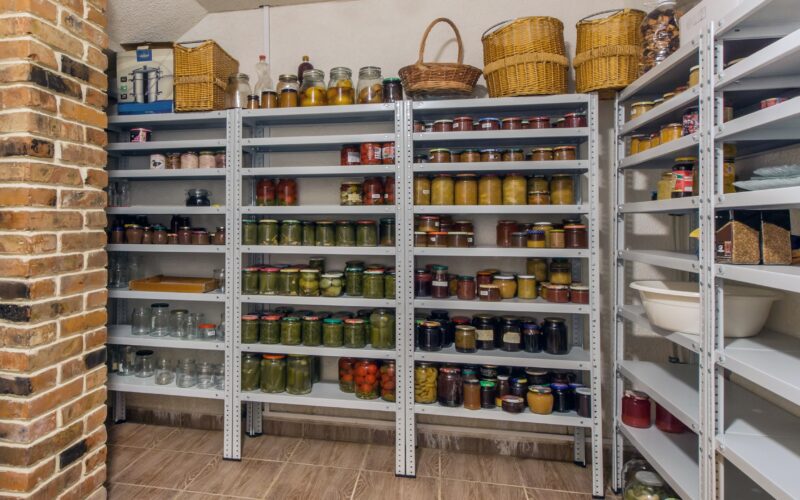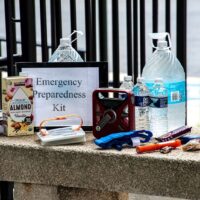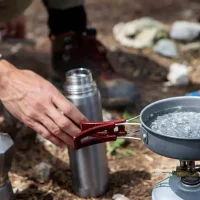Prepper Food Storage Mistakes To Avoid


Prepping and food storage go hand in hand and having a good stockpile of food can be the difference between survival and starvation in an emergency situation. However, prepper food storage can be a tricky business, and there are many mistakes that people often make. In this blog post, we’ll cover some common prepper food storage mistakes and how to avoid them.
- Not rotating your food
One of the biggest mistakes that preppers make is not rotating their food. When you buy food in bulk, it’s important to use the oldest items first and replace them with fresh stock. This ensures that your food stays fresh and doesn’t go bad. Many preppers stockpile food and forget about it, only to find that it’s gone bad when they need it most. To avoid this, create a system for rotating your food, such as using the first in, first out (FIFO) method.
- Storing food in the wrong conditions
Storing food in the wrong conditions can also lead to spoilage. Food should be stored in a cool, dry place, away from direct sunlight. Exposure to moisture, heat, and light can cause food to spoil and lose its nutritional value. Be sure to store your food in airtight containers and avoid storing it in areas that are prone to flooding or extreme temperature fluctuations.
- Relying solely on freeze-dried or dehydrated foods
Freeze-dried and dehydrated foods are popular choices for preppers because they have a long shelf life and are easy to store. However, relying solely on these types of foods can be a mistake. They may not provide all the nutrients your body needs, and they can be expensive. Consider stocking up on a variety of foods, including canned goods, grains, and protein sources such as beans and nuts.
- Failing to consider special dietary needs
Another mistake that preppers make is failing to consider special dietary needs. If you or someone in your family has a food allergy or intolerance, it’s important to stockpile foods that are safe for them to eat. This may mean stocking up on gluten-free, dairy-free, or nut-free foods. It’s also important to consider any medical conditions, such as diabetes or high blood pressure, and stockpile foods that are appropriate.
- Not having a plan for cooking and preparing food
Finally, not having a plan for cooking and preparing food can be a mistake. In an emergency situation, you may not have access to electricity or gas, so it’s important to have alternative methods for cooking and preparing food. Consider investing in a camping stove, a solar oven, or a wood-burning stove. You should also have a supply of matches, lighters, and other fire-starting materials.
In conclusion, prepper food storage is an important aspect of emergency preparedness, but it’s important to do it right. By avoiding these common mistakes, you can ensure that your food stays fresh, nutritious, and safe to eat. Remember to rotate your food, store it properly, consider special dietary needs, and have a plan for cooking and preparing your food. With these tips, you can build a stockpile of food that will keep you and your family fed and healthy in any emergency situation.





